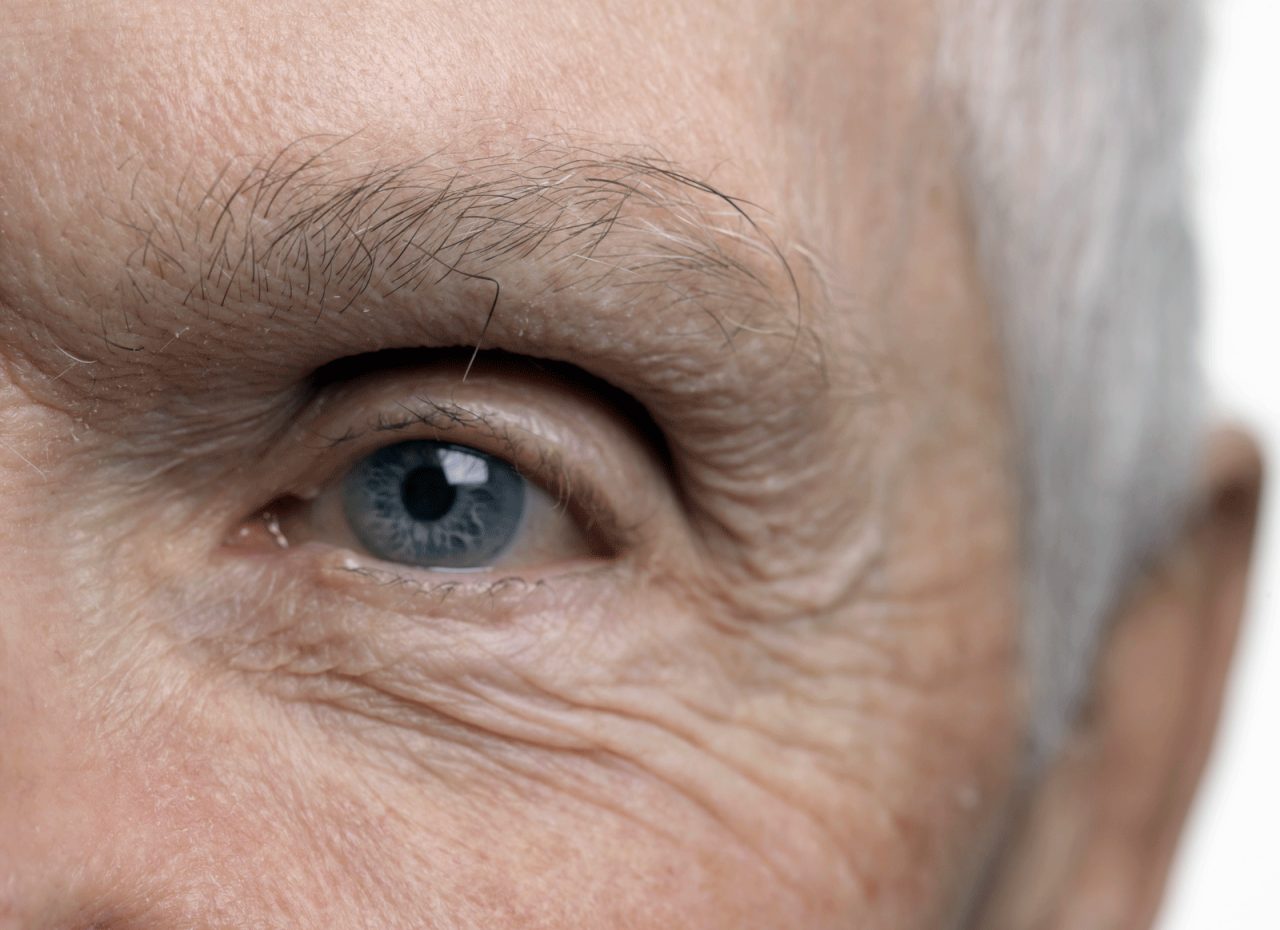How to Protect Your Sight as You Age

Although many eye diseases related to age have no early warning signs, a dilated eye exam can detect them. Here's what you should know.
Through advances in the understanding of how the eye works and technology that can help reverse age-related problems, you can have good vision for a lifetime.
YOU MIGHT ALSO LIKE: Types and Causes of Cataracts
How eyes change with age
With age, your eyes need more light to see, and colors become harder to distinguish, particularly shades of green and blue. It becomes more difficult to focus on objects close to you and adjust to glare and darkness.
The number of mucous cells in the conjunctiva, the membrane that covers your eye and the inside of your eyelids, can decrease with age. Tear production can also decrease. Together, these two changes mean you might have dryer eyes as you get older.
Eye drops, ointments, or a home humidifier may help. In severe cases, you might need a prescription medication, tear duct plugs, or surgery.
About a quarter of Americans older than 80 have vision loss. Several age-related diseases affect the eyes, most commonly age-related macular degeneration (AMD), diabetic retinopathy, cataracts, and glaucoma.
These conditions can be treated with medication, surgery, or dietary supplements. Usually, you can stop or slow any decline if you catch the problem early.
Understanding how your eyes work
Compare your eye to a video camera, says ophthalmologist David Zacks of the University of Michigan. Just as light enters a camera, it traverses four main structures in your eye. At the entry point is the cornea, the window through which all light enters your eye.
Light is then focused by the lens on the retina, which Zacks says is comparable to the film in the back of a camera. The retina converts the light to a neural signal, which the optic nerve carries to your brain.
For this anatomical camera to work properly, the cornea must remain smooth and intact. It needs a film of tears for protection. The lens also must maintain its shape and remain clear for your eye to focus images properly.
At the back end, the complex retina and the optic nerve are essentially one unit. Without disease, they don’t necessarily deteriorate with age. But age-related diseases of the retina and optic nerve are common in older adults.
By middle age, the lens becomes less flexible and can’t respond as it did when you were younger, a condition called presbyopia. This affects your ability to focus close up.
Age-related macular degeneration (AMD)
Among retinal diseases, AMD is the leading cause of vision loss and blindness in adults over age 65. About 11 million Americans have AMD, but most don’t know it until they begin to lose vision, according to the American Society of Retina Specialists.
AMD starts with deposits called drusen, which form under the retina and over time increase in size and number until they damage or kill light-sensitive cells. Another form of AMD involves abnormal blood vessels behind the retina that start to grow under the macula. The end result is the same.
If you’re over 65 or have a family history of AMD, you should consider seeing a retinal specialist who can detect the earliest signs of AMD. Women and those of European descent have more risk.
“Everyone age 50 or older should visit an eye care professional for a comprehensive dilated eye exam,” says the National Eye Institute. “Many eye diseases have no early warning signs or symptoms, but a dilated exam can detect eye diseases in their early stages before vision loss occurs. Early detection and treatment can help you save your sight.”
What you can do
- When you are outside in the sun, wear sunglasses that block ultraviolet (UV) radiation and a hat with a wide brim.
- Stop smoking.
- Eat fruits and vegetables.
- Be physically active and maintain a healthy weight.
- Maintain normal blood pressure.
- Manage diabetes (if you have it).
- If you spend a lot of time at the computer or focused on one thing, take a break every 20 minutes to look about 20 feet away for 20 seconds to prevent eye strain.
- Have regular eye exams.
See an eye care professional as soon as possible if you:
- Suddenly cannot see or your vision is blurry
- Notice flashes of light or many new “floaters,” tiny specs or cobwebs that seem to float across your vision
- Eye pain
- Double vision
- Redness or swelling of your eye or eyelid
Updated:
November 22, 2022
Reviewed By:
Christopher Nystuen, MD, MBA and Janet O'Dell, RN